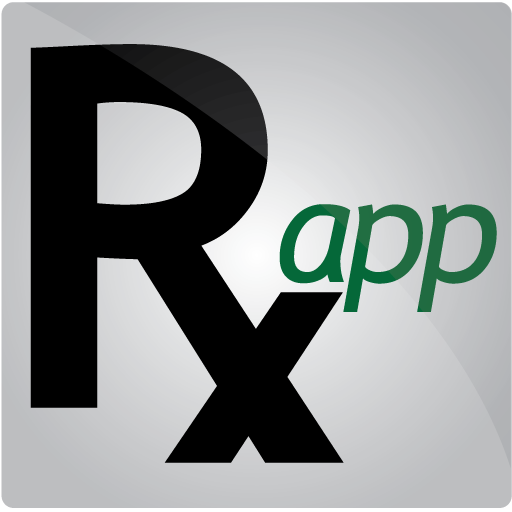(Source)
Compared to other major expenditures of American households, spending on health care is a drag. In exchange for what you pay in rent or a mortgage, you get your home, and hopefully you feel good about your home. You probably have some vague happy feeling about your car. Hopefully, you enjoy some of the food you eat.
But no one enjoys health-care spending. Either it’s a regular checkup, and you’re hoping the doctor doesn’t find something wrong with you, or you’re sick, and you’re paying to get better. Doctors and nurses and clinic staff can make you feel relieved as your health improves, but it probably doesn’t feel like “fun” spending compared to going out to dinner or buying a new gadget. Spending money on health care rarely makes you happy.
In light of this, it’s understandable that Americans feel no particular warmth towards the current health-care system. Politicians cater to that general sense of dissatisfaction, by offering various reforms that will bring Americans to their preferred ideal, a system where they get the best care whenever they want it from their preferred doctors without any waiting, and somebody else pays all of the expenses.
Hawaii’s Democratic congresswoman Tulsi Gabbard offers a tweet this morning that lambastes the current system in surprisingly virulent terms: “Unfortunately, we don’t have healthcare in this country—we have sick care. We’ve created a massive for-profit entity incentivized to keep people sick and on drugs. As president, I will work to build a healthcare system incentivized to increase health and prevent & heal disease.”
Are doctors, nurses, nurse practitioners, and other medical professionals trying to keep you sick and on drugs? Do you think that they have some sort of quick-working cures and treatments and that they’re deliberately withholding them in order to ensure patients require additional medication? This line of thinking is one step away from web sites touting “miracle cures THEY don’t want you to know about.”
3
We can have — and are having — a discussion in the medical community about overprescribing, but doctors contend that the biggest reason they write prescriptions that may not be needed is pressure from patients. For understandable reasons, some doctors became more comfortable writing prescriptions for opioid painkillers than telling patients to live with pain. A key element of reducing overprescribing medications is changing patients’ expectations, which is not easily achieved from the Oval Office.
